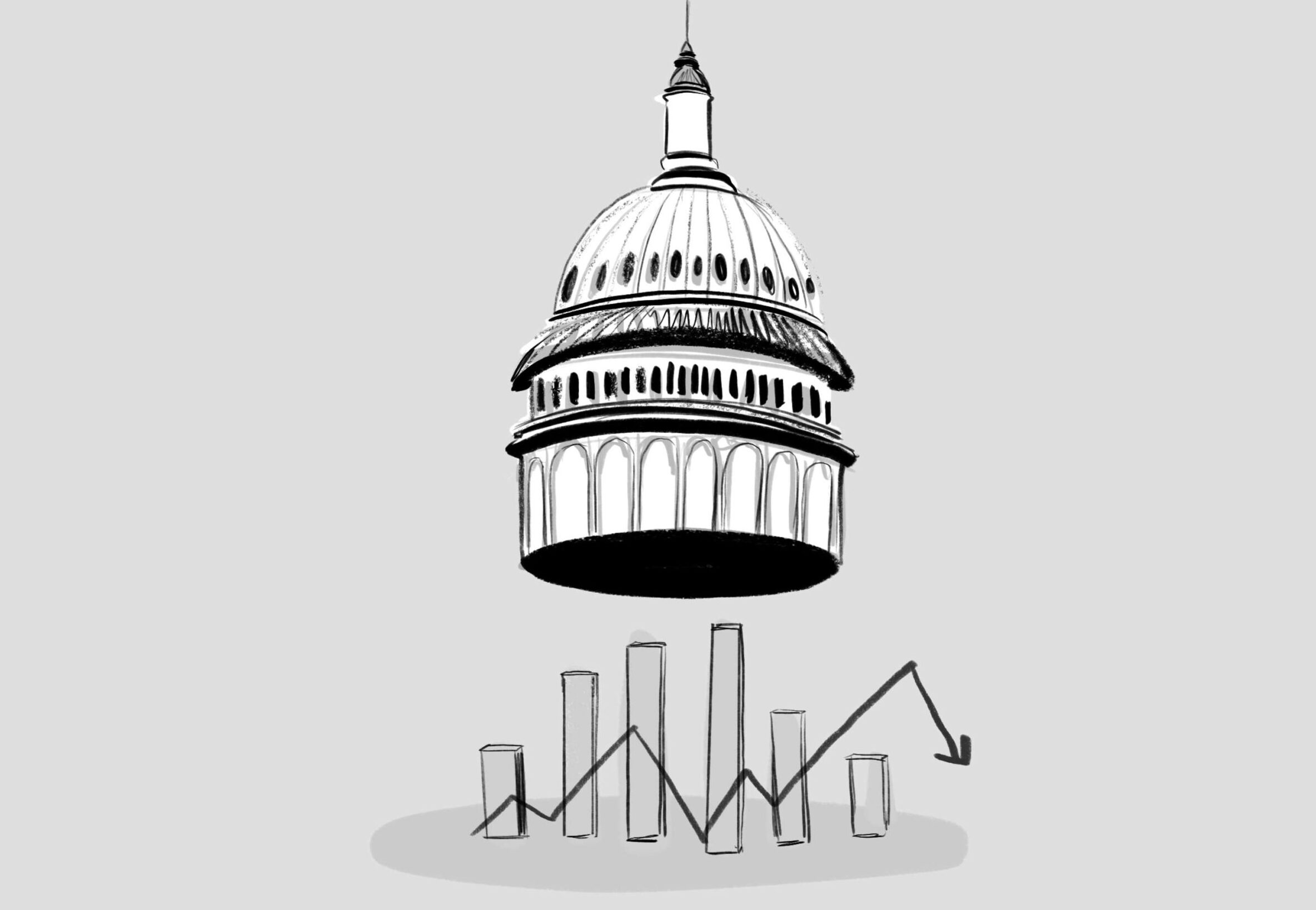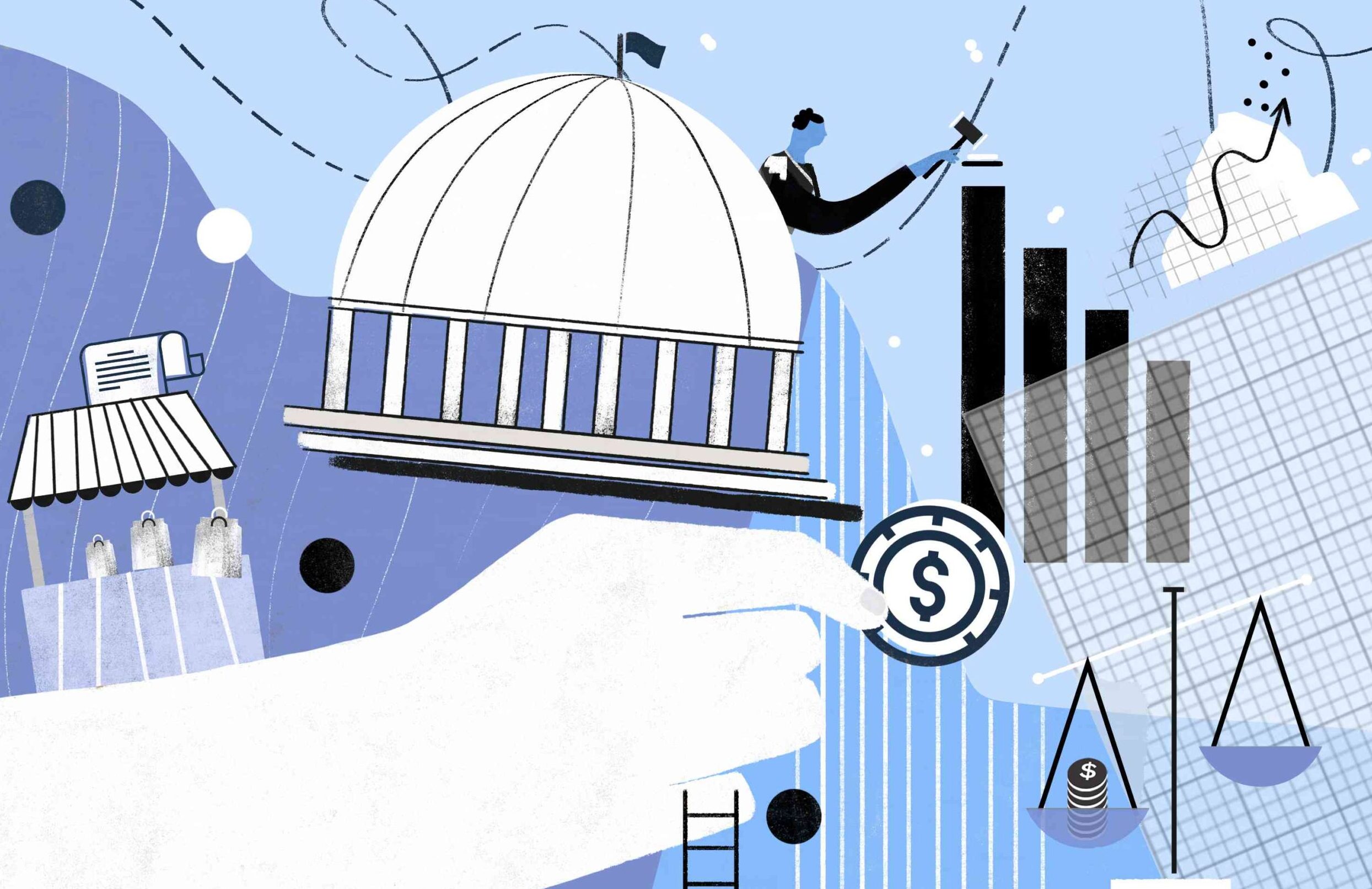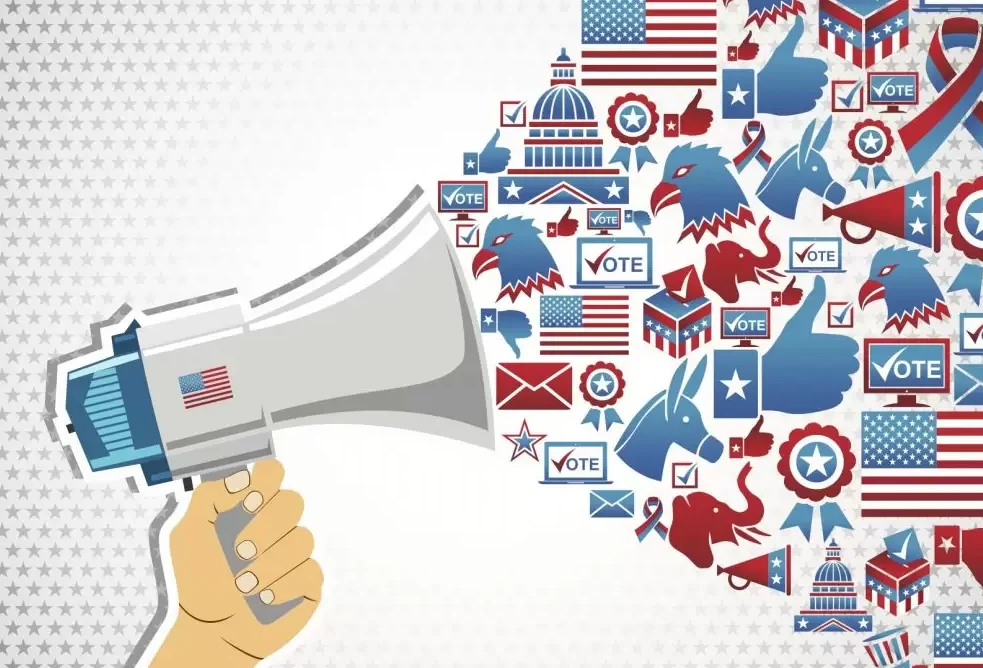The role of government in society is a complex and multifaceted concept that has been debated by scholars and policymakers for centuries. At its core, the role of government is to promote the well-being of its citizens by providing essential services, enforcing laws and regulations, and protecting individual rights and freedoms.
Public policy, which encompasses a system of laws, regulations, and funding priorities, plays a critical role in shaping government’s role in society. In examining the impact of legislation and regulation on society, it is important to understand the historical perspectives and political ideologies that have influenced the role of government over time.
The impact of political ideologies on government’s role in society cannot be overstated. Liberal and conservative ideologies, which are the two major political parties in the United States, have differing views on the role of government in society. Liberals tend to favor a more active role for government in promoting social welfare and regulating business practices, while conservatives tend to favor a more limited role for government in these areas. The political ideology of policymakers can significantly affect the policies and regulations that are enacted, which can have a profound impact on society.
Regulations, which are a form of government intervention in the economy, play an important role in promoting a vibrant economy and protecting consumers from harm. Regulations differ from other government programs in that they are designed to set standards and rules for businesses and industries to follow, rather than providing direct services to citizens. Understanding the role of rules and laws in our daily lives is an important part of understanding the role of government in society. By examining the historical perspectives, political ideologies, and impact of regulations on society, we can gain a better understanding of the complex role that government plays in shaping our lives and communities.
The legislative process and its impact on policy
The legislative process plays a crucial role in shaping policy decisions that impact society. The process begins with the introduction of a legislative proposal, which can originate from a variety of sources such as members of Congress, the President, or interest groups. The proposal then goes through a series of steps, including committee hearings, markups, and floor debates, before it can be passed into law. The legislative process is designed to be deliberate and thorough, ensuring that proposed laws are carefully considered and debated before they are enacted.

Lobbying and interest groups also play a significant role in shaping legislative decisions and influencing policy outcomes. These groups work to advocate for specific policy positions and can use a variety of tactics, such as campaign contributions and grassroots mobilization, to influence lawmakers. However, lobbying activities are subject to regulations and restrictions, which vary by state and federal law.The role of lobbying and interest groups in the legislative process raises important questions about the influence of special interests in shaping policy decisions that affect society as a whole.
Public opinion also has a significant impact on legislative decisions and the development of public policy. Elected officials are accountable to their constituents and often rely on public opinion polls to gauge public support for various policy proposals. Social movements and advocacy campaigns can also play a role in shaping public opinion and influencing policy decisions. Ultimately, the legislative process and the development of public policy are complex and multifaceted processes that are influenced by a variety of factors, including the role of interest groups, public opinion, and social movements.
The importance of regulation in society
Regulation plays an important role in maintaining a healthy and vibrant society. The purpose of regulation is to protect the public interest, promote fair competition, and ensure the safety and well-being of individuals and the environment. Regulation can be used to reduce harmful effects by prohibiting certain activities or imposing the societal costs of the activity in question on those responsible [18]. Regulatory requirements to protect the environment, workers, and consumers are necessary to prevent negative externalities and promote the common good. Although some argue that the cost of complying with regulations is too high, the societal benefits of regulation are often significant and justify the costs. Thus, regulation is essential for creating a just and equitable society.
The impact of regulation on different sectors varies depending on the industry and the specific regulations in place. Public policies at the local level, such as tax structures, budgeting, and employment regulations, can directly affect the economic prosperity of a community. Regulation in the financial sector is important to prevent fraudulent activities and ensure the stability of the financial system. In the healthcare sector, regulation is necessary to ensure the safety and efficacy of drugs and medical devices. In the education sector, regulation helps to ensure that schools provide a high-quality education to students. Thus, regulation plays a critical role in promoting the common good across all sectors of society.
Despite the importance of regulation, there are many challenges associated with its implementation and enforcement. The complexity of regulations and the difficulty of monitoring compliance can make it challenging for regulators to ensure that regulations are being followed. Regulatory capture, where regulators become too closely aligned with the industries they are meant to regulate, can also undermine the effectiveness of regulation. Additionally, the costs of enforcement can be high, and there may be resistance from industry groups or individuals who believe that regulation is unnecessary or overly burdensome. Nonetheless, it is important to continue to address these challenges and work towards effective regulation that promotes the common good.
The impact of government and policy on society
Government policies have a significant impact on different groups within society. Poorly designed regulations may cause more harm than good, stifling innovation, growth, and job creation, and undermining economic development. Public policies are established by the government to promote strong communities through a broad range of private, nonprofit, and government initiatives. However, the effects of government policies can vary depending on the group they affect. For example, environmental policies can have a significant impact on low-income communities, which are often disproportionately affected by pollution and environmental hazards. Thus, it is essential to consider the impact of government policies on different groups within society to promote social justice.
The role of government in promoting social justice is crucial in creating a fair and equitable society. The Federal Government has directed agencies to address systemic racism, persistent poverty, and other disparities to promote social justice. Policies and laws establish institutional and legal frameworks to achieve social justice goals. Environmental justice policies, for instance, seek to ensure that all communities have access to clean air and water and are protected from environmental hazards [26]. By promoting social justice, government policies can create a more equitable society that benefits all members of the community.
Balancing economic growth and social welfare is a challenge for governments, and policies must be carefully crafted to achieve both. Governments typically use fiscal policy to promote strong and sustainable growth while reducing poverty. Regulations play a crucial role in a vibrant economy, and they differ from other government programs because they can impose costs on businesses and individuals. However, regulations can also lead to economic and social benefits, such as improved economic welfare and growth rates. Thus, finding the right balance between economic growth and social welfare is essential for creating policies that benefit society as a whole.










